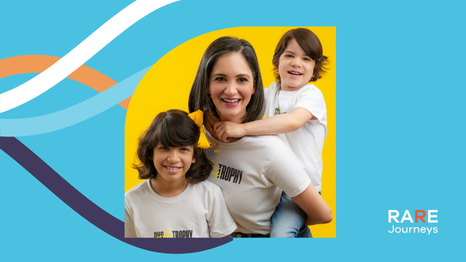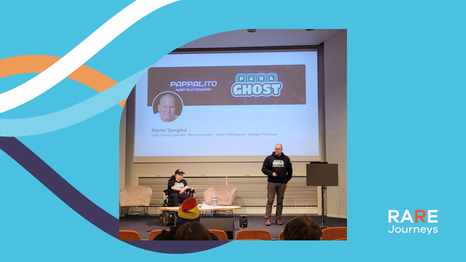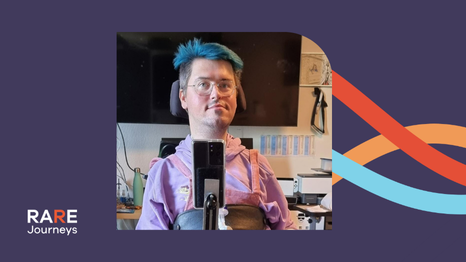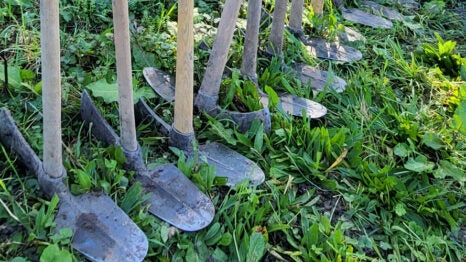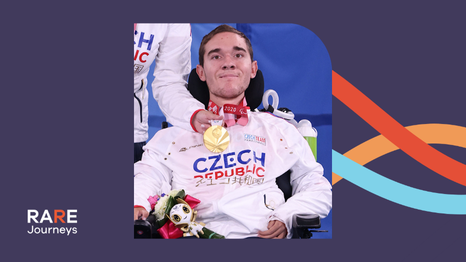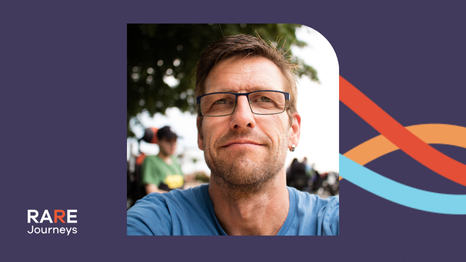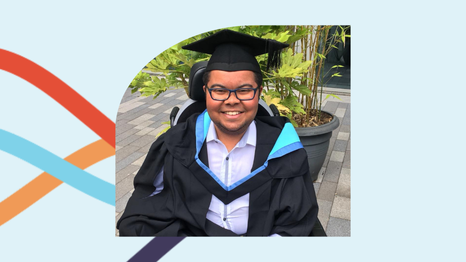News, talk and articles
The latest news from PTC
-
Meet Claudia: A Mompreneur and Duchenne Advocate
Learn more about Claudia, a mother, caregiver, social media content creator & Duchenne advocate. -
A Duchenne Dad and Esports Motivator
Martin supports his son, who lives with Duchenne, and his passion for online gaming. -
Lila Empowers Others to Embrace Who They Are
Disability activist and performer living with Duchenne, Lila, encourages people to be themselves. -
PTC Planting Trees for the Future
Last week in Switzerland, PTC colleagues teamed up to plant trees in an effort to make an environmental impact. In partnership with OneTree Planted and Almighty Tree this year, 100 Oak trees were planted to help combat climate change and prevent biodiversity loss for generations to come. Tree planting is critical to reforestation and afforestation… -
Paralympic Gold Medalist Shares His Love for Boccia
Gold medalist Adam, who lives with Duchenne, shares his journey to the Paralympics. -
Lukas Empowers People with Duchenne to Live Self-determined Lives
Lukas encourages independence by improving workplace skills for those in the disabled community. -
Benjamin Urges Duchenne Community to Focus on Positive Experiences
According to Benjamin, living with Duchenne means you CAN live the life you want -
World Duchenne Awareness Day: Celebrating Women in Duchenne
September 7 is World Duchenne Awareness Day, a global day aimed at raising awareness for those affected by Duchenne and Becker Muscular Dystrophy. This year’s theme is “Women & Duchenne,” and to honor this day, we’re highlighting inspiring women in the Duchenne community. Whether they are a patient, caregiver, or advocate, we celebrate their positivity,… -
2022 STRIVE Award Recipient: Neuromuscular Disorders Association of Turkey/KASDER
Those with Duchenne muscular dystrophy may face difficulties such as a limited social life, dependency on home care, and trouble accessing the same opportunities as able-bodied peers. These challenges have been found to have a negative impact on the psychological wellbeing of individuals with Duchenne. Accepting and coping with this kind of neuromuscular disability and… -
2022 STRIVE Award Recipient: MDA Hellas – Muscular Dystrophy Association of Greece
MDA Hellas is a non-profit organization for people with Neuromuscular Disorders (NMD) in Greece, aiming to improve the quality of life of more than 1,500 affected families. Currently the organization aids in facilitating medical care for those with NMDs, offers psychological and social support, provides equipment and infrastructure to ease everyday routines, and raises public…
